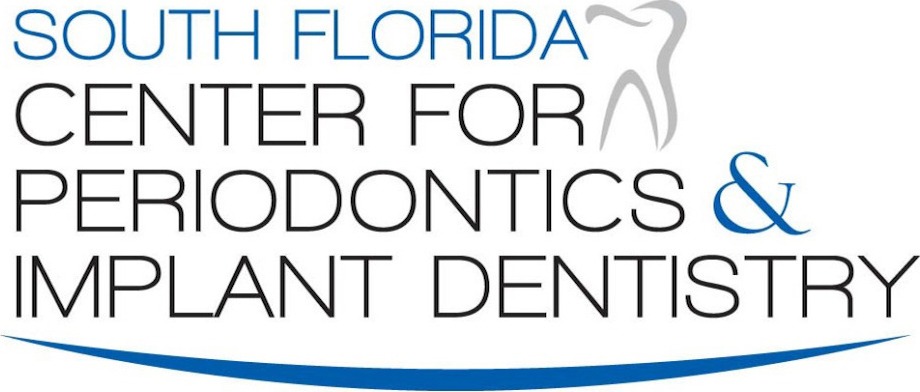Key Factors to Consider When Getting Dental Implants
January 29th, 2021Congratulations! You’ve made the decision to consult with a periodontist about dental implants. This step probably means that you’ve done online research, asked for recommendations from your family dentist, friends or family and found a skilled, board-certified periodontal surgeon. This practitioner (and we sure hope it’s one of our doctors here at South Florida Center for Periodontics & Implant Dentistry!) will thoroughly review your individual situation since dental implants is never a “one-size-fits-all” situation.
The doctor will make the best determination as to exactly how many implants you need for optimal oral health if more than one tooth is involved. He or she will be sure to review all details with you so you know exactly what to expect in your journey toward a healthier and more beautiful smile, from start to finish.
While dental implants normally achieve a high survival rate and implant failure is rare, certain issues and habits can increase your chance of those rare complications. When speaking to your periodontist, here are additional key factors you should be sure to discuss:
Timing for Teeth
One of the most important questions you’ll want answered is always how long after implant placement you will have teeth. Our doctors pioneered and practice immediate implant placement and immediate restoration so that it is often possible to leave our office with beautiful, temporary (plastic) restorations supported directly on the implants. This is done only by highly experienced and skilled surgeons with the best materials in specific circumstances.
Gum Disease and Tooth Loss
Gingivitis (gum disease in its earliest form) is very treatable. But, if left untreated, it can turn into periodontitis which is linked to other systemic diseases which can affect your overall health. It can also lead to gum recession and bone loss, which can create complications and lead to failure of otherwise successful dental implants.
Health Conditions/Disease
Some diseases, like diabetes, cause the body to heal more slowly. This could affect the way the dental implant integrates into the jawbone. This is just one of the reasons we insist all patients fill in detailed health questionnaires. We know that your oral health is so closely linked to your overall health.
Dental Maintenance
Following dental implant procedures or after a gum disease diagnosis, your periodontal hygienist will treat you on a regular basis to make sure any issues are remediated before they become worse. However, we also rely on our patients to become key team players in this endeavor by following good oral hygiene at home.
Medications
While rare, complications or failures may be the result of certain long-term medications like anti-resorptive drugs for osteoporosis, steroids, or SSRIs used to treat anxiety and depression. Recent studies on proton pump inhibitors used to treat GERD (acid reflux) link these medications to decreased calcium absorption. In general, make sure you alert your doctor to any medications you take.
Smoking
Here’s a big red flag. The Centers for Disease Control and Prevention (CDC) discuss the relationship between smoking, decay and tooth loss, noting that among adults aged 20-64, more than 40% had untreated tooth decay. If you still smoke and want to be a candidate for successful dental implants, you need to understand some of the negatives. You could experience slower healing and/or an increased infection possibility. Overall, the risk of implant failure (peri-implantitis) is greatly increased in smokers.
The doctors at South Florida Center for Periodontics & Implant Dentistry will discuss all these issues with you. We focus on patient well-being and want you to have positive outcomes for the rest of your life. If you’re interested in seeing some actual before and after images of real patient implant cases, take a look at our Smile Gallery examples today then call us for a consultation!

